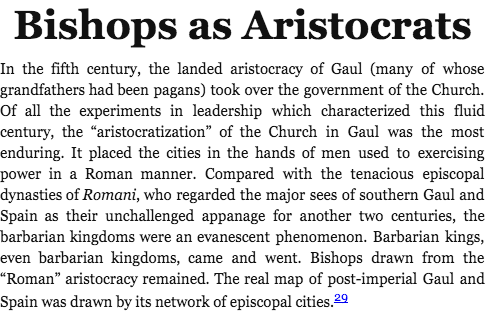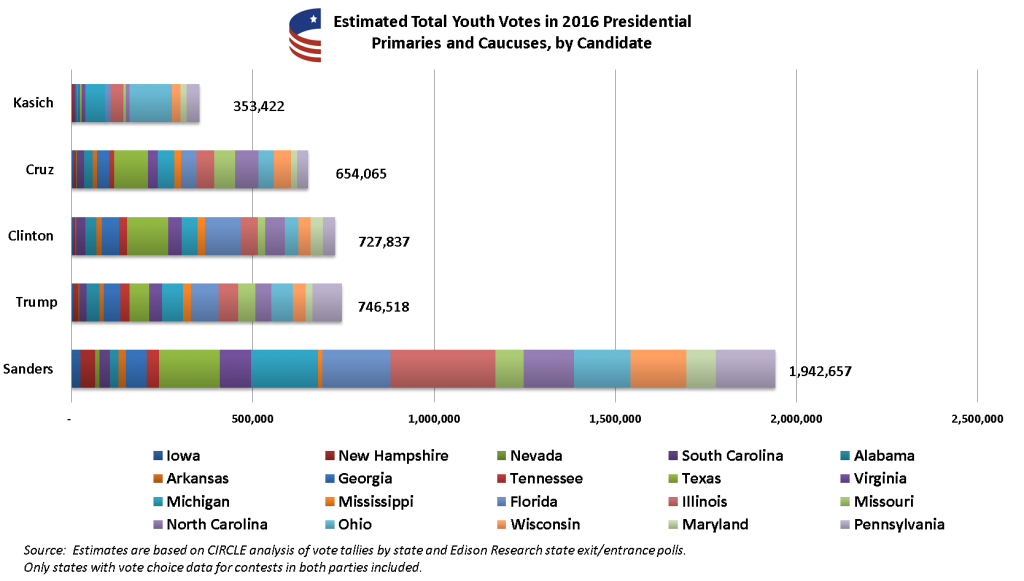Derek Walcott says that he always “cherished” the poem “Fare Well” by Walter de la Mare “because of its melody and its plaintiveness.” I think Walcott proceeds to recite it from memory rather than read it, because his spoken rendition differs in very minor respects from the printed versions that I have found online (“or” instead of “nor”, “dost” instead of “wouldst”). Walcott’s recommendation is enough for me, so I offer de la Mare’s text below:
Fare Well
When I lie where shades of darkness
Shall no more assail mine eyes,
Nor the rain make lamentation
When the wind sighs;
How will fare the world whose wonder
Was the very proof of me?
Memory fades, must the remembered
Perishing be?Oh, when this my dust surrenders
Hand, foot, lip, to dust again,
May these loved and loving faces
Please other men!
May the rusting harvest hedgerow
Still the Traveller’s Joy entwine,
And as happy children gather
Posies once mine.Look thy last on all things lovely,
Every hour. Let no night
Seal thy sense in deathly slumber
Till to delight
Thou have paid thy utmost blessing;
Since that all things thou wouldst praise
Beauty took from those who loved them
In other days.
It’s quite straightforward, but I’ll add a few notes.
- The “melody” that Walcott admires could be parsed as six rhyming couplets (AA, BB, CC) with 15 syllables before each rhyming word, arranged in in a pattern of trochee, trochee, trochee, spondee [line break], trochee, trochee, anapest [line break], trochee, spondee. It could be easily set to music.
- De la Mare introduces some surprises. You would think that once you’re dead and buried, what you’ll miss is light. The narrator says instead that you will no longer see “shades of darkness,” which is true enough. A.E.
HausmanHousman read the poem in a version with a misprint: “rustling” instead of “rusting harvest hedgerow.” Housman knew right away that the original must have read “rusting,” because the sound of wind in leaves is a cliché and unrelated to the poem’s theme, whereas “rusting” evokes autumnal colors and an imminent fall. - “Wonder” is “the proof of” the narrator. Does “proof” mean a test that the narrator faced, or evidence that the narrator lived?
- I take it the “thou” addressed in the third stanza is a reader after the narrator has died. We are to appreciate the beauty of the world as if it were about to pass and remember that those who have passed appreciated it before us.

